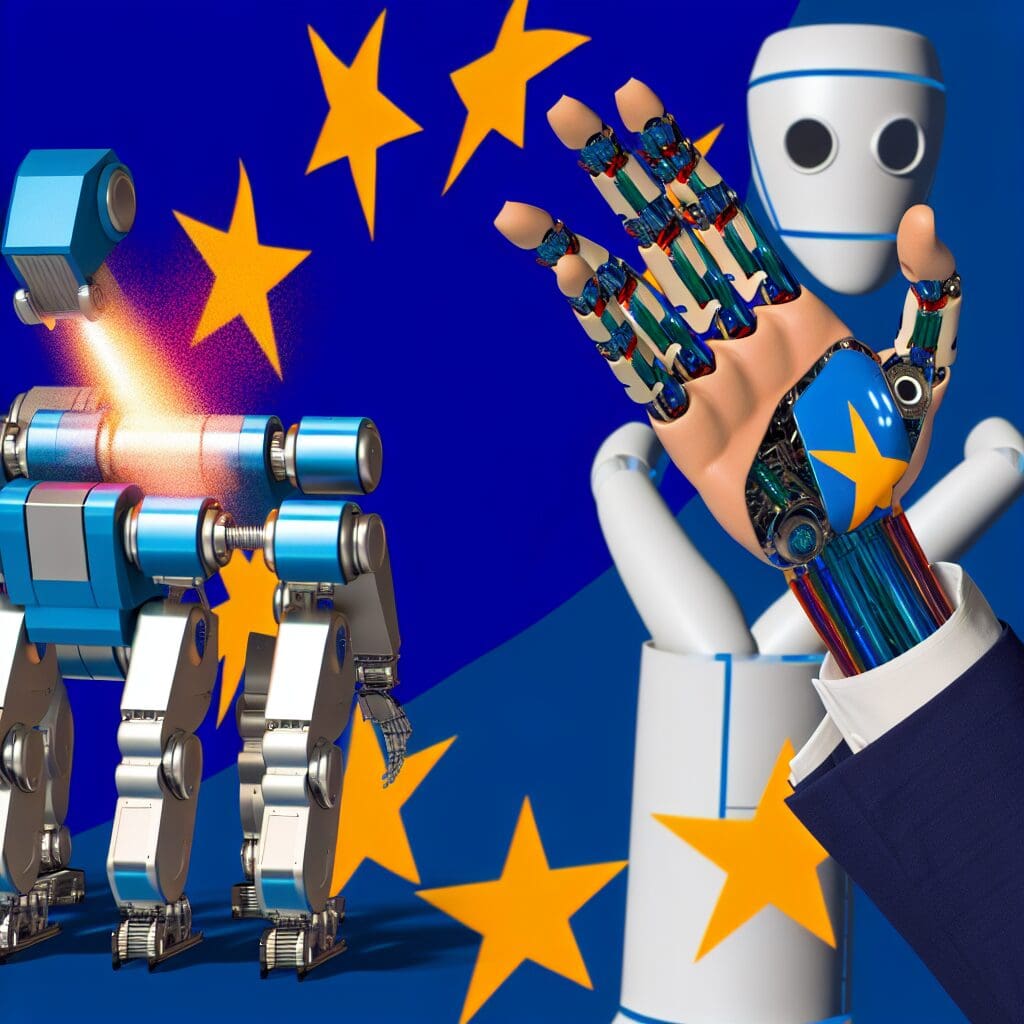The European Union has recently initiated the RoboSAPIENS project, aimed at revolutionizing industrial robotics with adaptive technologies. This ambitious initiative seeks to enhance collaboration between industrial robots and human workers, ensuring safety and efficiency in operations. With a budget of approximately €20 million allocated over three years, RoboSAPIENS will involve multiple partners across Europe, including academia, industry leaders, and research institutions.
The core objective of the project is to advance the capabilities of robots through research in artificial intelligence, machine learning, and robotics. By integrating these technologies, the project aims to develop robots that can adapt their behavior in real-time, responding to changes in their environment and interacting with humans more effectively. For example, robots could learn to adjust their tasks based on varying workloads or unexpected obstacles, thus improving productivity and reducing the risk of accidents.
RoboSAPIENS will also address concerns regarding the impact of automation on the workforce. By focusing on collaborative robotics, the project emphasizes the need for robots to serve as assistants to human workers rather than replacements. This approach aligns with the EU’s broader strategy to promote sustainable technological advancements while ensuring social acceptance.
The initiative has the potential to set new standards in manufacturing and logistics, paving the way for smarter, more resilient production systems. The successful implementation of RoboSAPIENS could not only enhance the competitiveness of European industries but also create job opportunities in tech-driven sectors. As the project kicks off, it marks a significant step forward in the field of adaptive robotics, which is poised to transform industrial practices across the continent.












